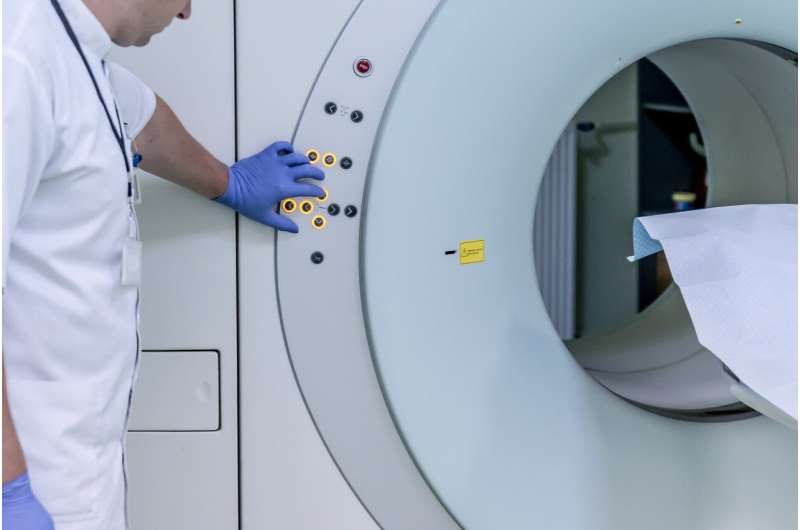Emerging Role of Truncated Retrotransposon RNAs and Reverse Transcriptases in Aging Human Brain

New research uncovers how truncated LINE-1 RNAs encode active reverse transcriptases in the aging human brain, revealing potential targets for Alzheimer's therapy.
Recent research from Sanford Burnham Prebys has uncovered significant insights into how specific genetic elements contribute to aging and neurodegenerative diseases such as Alzheimer's. Scientists have identified novel shortened RNAs originating from the jumping DNA sequence known as LINE-1 (Long Interspersed Nuclear Element-1), which constitutes nearly 20% of human DNA. These truncated RNAs encode reverse transcriptases (RTs), enzymes traditionally associated with retroviruses like HIV, which convert RNA into DNA. Intriguingly, these RTs are active in neurons of the aging human brain, suggesting a potential link to neurodegeneration.
Using RNAscope technology, the team visualized these truncated LINE-1 RNAs in brain tissues, discovering thousands of variants, many of which lack the complete sequence typically necessary for activity. Despite their shortened form, most were capable of encoding functional RT enzymes, with activity levels differing by more than fiftyfold among variants. Importantly, RT activity was predominantly observed in gray matter, areas rich in neurons, implying that post-mitotic neurons accumulate DNA modifications over time through these mechanisms.
The findings also reveal that these truncated LINE-1 sequences are not rare anomalies; many are actively expressed, even in tissues unaffected by neurodegenerative conditions. This widespread presence raises questions about their role in normal brain aging and disease processes. The team suggests that the activity of these RTs may contribute to genetic mosaicism within neurons, potentially influencing cognitive decline and neurodegeneration.
Given that existing FDA-approved RT inhibitors, such as those used for HIV treatment, are safe, researchers propose investigating their effects on the aging brain and early Alzheimer's disease. Modulating RT activity could represent a novel therapeutic avenue, aiming to slow or alter the course of neurodegenerative diseases. Further research is essential to understand the precise functions of these novel RNAs and their encoded enzymes in brain health and disease.
The study enriches our understanding of the complex genomic and enzymatic landscape of the aging human brain and opens new pathways for potential interventions in age-related neurodegeneration.
Stay Updated with Mia's Feed
Get the latest health & wellness insights delivered straight to your inbox.
Related Articles
Evaluating Safety and Effectiveness of Hypoglossal Nerve Stimulation in Young Children with Down Syndrome
A recent study demonstrates the safety and effectiveness of hypoglossal nerve stimulation in young children with Down syndrome, offering a promising new approach to managing sleep apnea and supporting developmental health.
New Evidence Supports Use of Weight-Loss Medication for Schizophrenia Patients
A groundbreaking study shows that semaglutide, a diabetic weight-loss drug, is safe and effective for reducing obesity in people with schizophrenia without worsening psychiatric symptoms. This promotes better health outcomes for this high-risk group.
Reducing Energy Waste in CT Scanners: A Sustainable Step Forward
Innovative research shows that turning off surplus CT scanners during off-hours can significantly reduce energy consumption in hospitals, contributing to more sustainable healthcare.
Predicting the Duration of California's COVID-19 Surge in 2025
California's COVID-19 summer wave has been milder but remains a concern, with potential for a winter surge. Monitoring, vaccination, and public health measures are crucial to control the ongoing pandemic in 2025.



